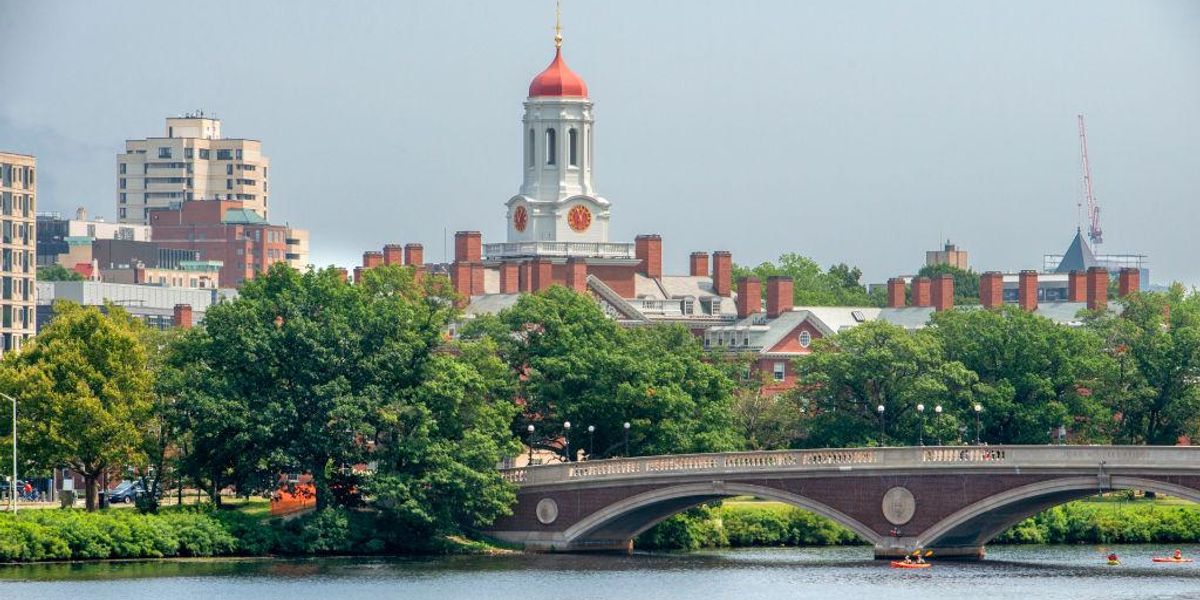A new study in the journal Nature has found that U.S. universities hire most of their tenure-track faculty members from the same handful of elite institutions. The finding suggests that academic researchers have “little opportunity to obtain jobs at institutions considered more elite than the ones at which they were trained,” a summary of the study states.
To gather their data, researchers looked into the academic backgrounds of 295,089 faculty members at more than 350 institutions. They found that 80% of all U.S.-trained faculty received their doctorate at just 20.4% of universities. The five most popular universities—UC Berkeley, Harvard, University of Michigan, University of Wisconsin-Madison, and Stanford—accounted for one in eight faculty members.
The analysis also showed that, depending on the academic field, only 5–23% of faculty members worked at an institution deemed more prestigious than the one at which they earned their PhD.
“It’s not surprising, but it is jarring” to see the data, said Leslie Gonzales, a social scientist who studies higher education at Michigan State University in East Lansing. “There’s so much brilliant work and training of brilliant scholars that’s happening outside of this tiny sliver” of institutions, and it’s being overlooked, Gonzales added.
Another recent study on elitism in U.S. high education, published in Nature Human Behaviour, showed that nearly 25% of faculty members in America have at least one parent with a PhD. In contrast, less than 1% of people in the general population have a parent with a PhD.
“Is the system a meritocracy?” asked Daniel Larremore, a computational scientist at the University of Colorado Boulder and co-author of both papers. “In peer review, no; in the spread of ideas, no; and in faculty hiring, surely no.”
Most prestigious academic programs admit students based on a combination of standardized test scores, letters of recommendation, and the prestige of their undergraduate degree. Some experts argue that these factors unfairly limit who can be accepted into such programs and ultimately restricts the scope of scientific research.
“There is a huge amount of literature that says who is in the scientific community affects what research questions are asked,” said Aaron Clauset, a computer scientist at CU Boulder and co-author of the two papers. “By not being as diverse as we could be, as inclusive as we could be, we are losing smart people who could change the world for the better.”
